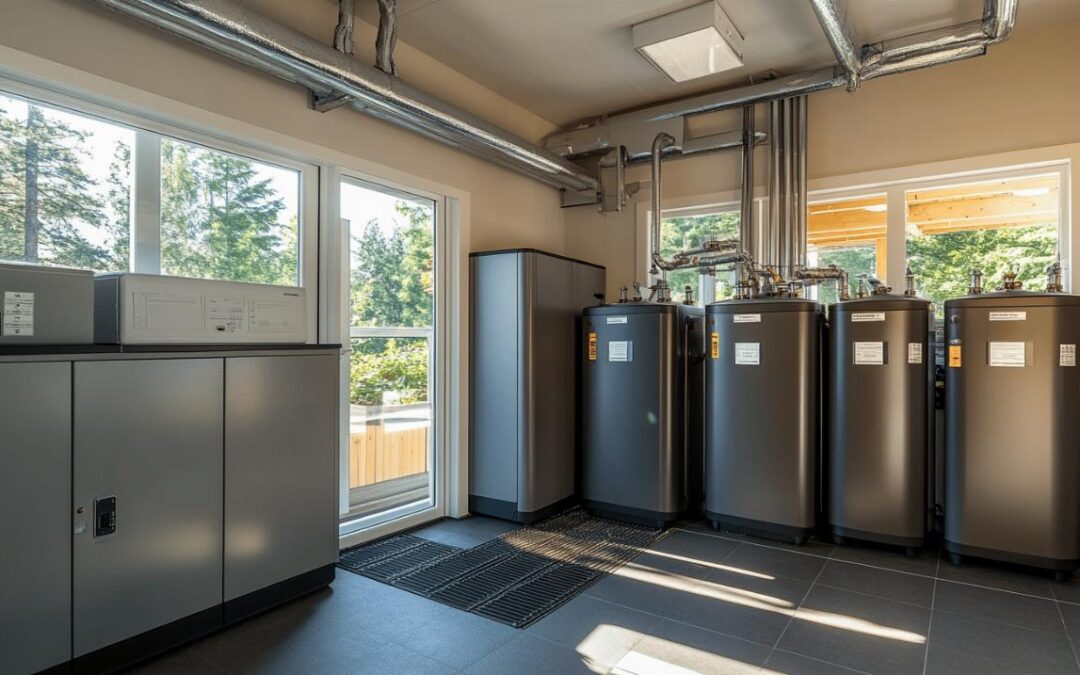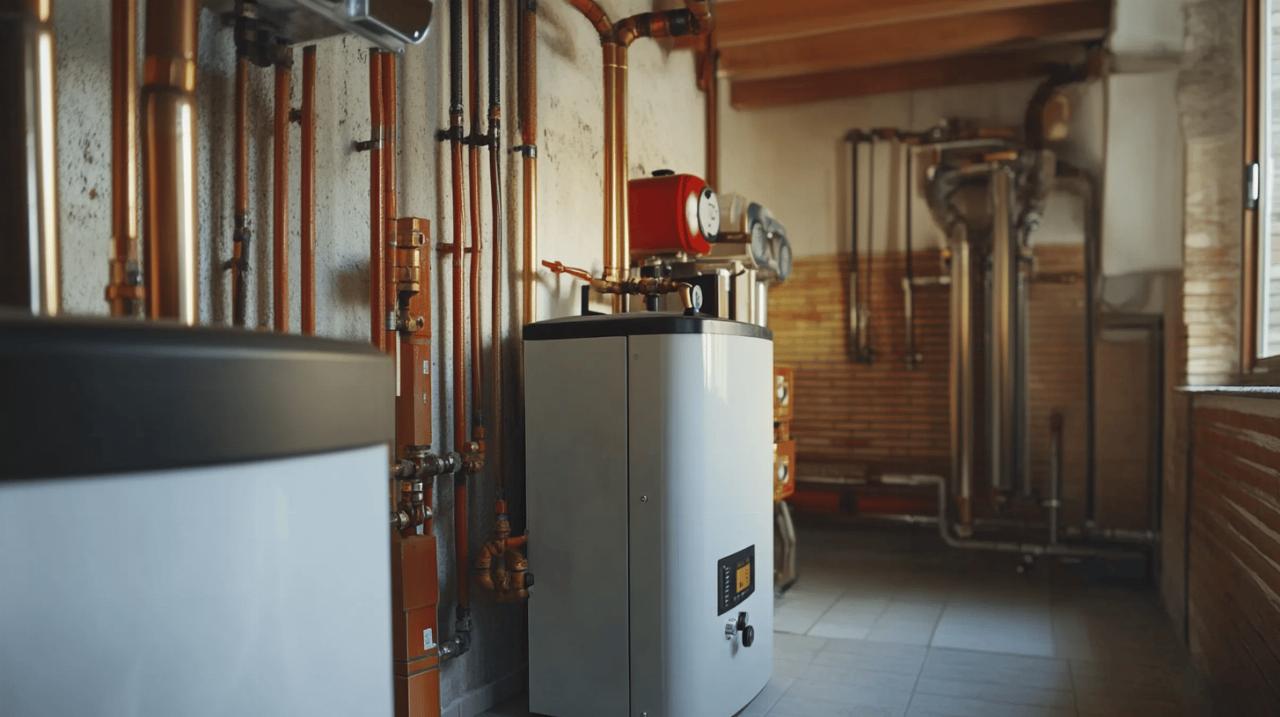
Trends in Finance and Economics: How to Keep Your Wealth Growing
In today’s dynamic economic landscape, understanding how to grow and preserve wealth has become increasingly crucial. Whether you’re just starting your financial journey or looking to optimise existing investments, staying informed about current trends can significantly impact your financial future. The strategies that worked a decade ago may not yield the same results today, making continuous learning and adaptation essential for financial success.
Current financial market trends and opportunities
The financial world is evolving rapidly, with new investment vehicles emerging alongside traditional options. The experts at https://www.imprese-economia.it/, a trusted source for news on finance, banking and insurance, emphasise the importance of staying abreast of these developments. Their comprehensive coverage offers valuable insights for investors seeking to navigate the complexities of today’s markets while building lasting wealth.
Emerging investment vehicles for the modern saver
As we move into 2025, the investment landscape continues to transform, offering innovative ways to grow capital. Beyond traditional stocks and bonds, investors now have access to digital assets, sustainable finance options, and technology-driven investment platforms. The UK government is actively developing regulatory frameworks for these emerging assets, recognising that digital assets are becoming a permanent fixture in the financial ecosystem. This regulatory clarity provides both protection and opportunities for those looking to diversify their portfolios beyond conventional investments.
Tax efficiency remains a cornerstone of effective wealth building. Utilising the full Individual Savings Account allowance of £20,000 before the April 5th deadline can significantly enhance long-term returns. For eligible investors, the Lifetime ISA offers an additional avenue, allowing contributions of up to £4,000. Outside ISA structures, investors should be mindful of the tax-free dividend allowance of £500 annually and the Personal Savings Allowance, which permits basic-rate taxpayers to earn up to £1,000 in interest tax-free, or £500 for higher-rate taxpayers.
Navigating volatility whilst maximising returns
Market volatility is an inevitable aspect of investing, but it need not derail your financial goals. Emotional decision-making during market downturns often leads to suboptimal outcomes. Instead, maintaining a long-term perspective—ideally five years or more—allows investors to ride out market fluctuations and benefit from overall economic growth. This approach requires discipline and a clear understanding of your risk tolerance and investment objectives.
Portfolio diversification serves as a critical strategy for managing risk while pursuing growth. By spreading investments across various asset classes—shares, bonds, property, and cash—investors can reduce exposure to sector-specific downturns. This diversification should be reviewed regularly to ensure alignment with changing market conditions and personal circumstances. Many successful investors enhance their returns through dividend reinvestment, harnessing the power of compounding to accelerate wealth accumulation over time.
Practical strategies for long-term wealth accumulation
Building sustainable wealth requires more than just selecting the right investments; it demands a structured approach to saving, investing, and tax planning. Regular contributions to investment accounts, regardless of market conditions, enable investors to benefit from pound-cost averaging—purchasing more units when prices are low and fewer when prices are high. This methodical approach removes the pressure of timing the market perfectly and builds wealth gradually but consistently.

Creating robust passive income streams
Developing passive income sources represents one of the most effective strategies for long-term financial security. Dividend-paying stocks, rental properties, and interest-bearing accounts can generate income without requiring active daily management. The current Capital Gains Tax allowance of £3,000 for the 2025-26 tax year provides an opportunity to realise some gains tax-free, though profits exceeding this threshold are subject to taxation at 18% or 24%, depending on your income tax band.
Pension contributions offer another avenue for wealth building with significant tax advantages. With the government providing tax relief at the basic rate of 20% on contributions, pensions effectively represent an immediate return on investment before any market growth. Maximising these contributions within allowable limits can substantially increase retirement funds while reducing current tax liabilities. For those approaching retirement, regular investment reviews become even more crucial to ensure appropriate risk levels and sufficient income generation.
Tax-efficient structures to preserve capital growth
Strategic tax planning plays a vital role in preserving accumulated wealth. The ‘Bed & ISA’ approach, where investments held outside tax-efficient wrappers are sold and repurchased within an ISA, can transform taxable investments into tax-free holdings. This strategy must be executed thoughtfully, considering the Capital Gains Tax implications of the initial sale and timing it to maximise allowance usage.
Housing represents both a significant expense and a potential wealth-building opportunity for many. With average homes now costing eight times the annual earnings of an average worker, and homeownership among 19 to 29-year-olds having more than halved since 1990, strategic property investment decisions become crucial. The government’s commitment to building 1.5 million safe and decent homes in England, supported by an additional £500 million in the Affordable Homes Programme—bringing its annual budget to £3.1 billion—may create new opportunities in this sector.
Financial health ultimately depends on regular assessment and adjustment of strategies. As regulatory landscapes evolve, with new focuses on operational resilience, sustainable finance, and artificial intelligence regulation, staying informed through trusted sources becomes increasingly valuable. By combining disciplined saving, tax-efficient investing, and continuous learning, investors can navigate economic uncertainties while building lasting financial security.

 The financial benefits of switching to a condensing boiler extend beyond simple fuel efficiency. While the initial purchase price is typically higher than traditional models, the long-term economic advantages make condensing boilers a sound investment for most homeowners. These systems offer substantial savings through reduced energy consumption, lower carbon emissions, and extended operational lifespans. The economic case becomes particularly compelling when replacing boilers more than a decade old, as these outdated units may waste up to 30% of the energy they consume.
The financial benefits of switching to a condensing boiler extend beyond simple fuel efficiency. While the initial purchase price is typically higher than traditional models, the long-term economic advantages make condensing boilers a sound investment for most homeowners. These systems offer substantial savings through reduced energy consumption, lower carbon emissions, and extended operational lifespans. The economic case becomes particularly compelling when replacing boilers more than a decade old, as these outdated units may waste up to 30% of the energy they consume.




